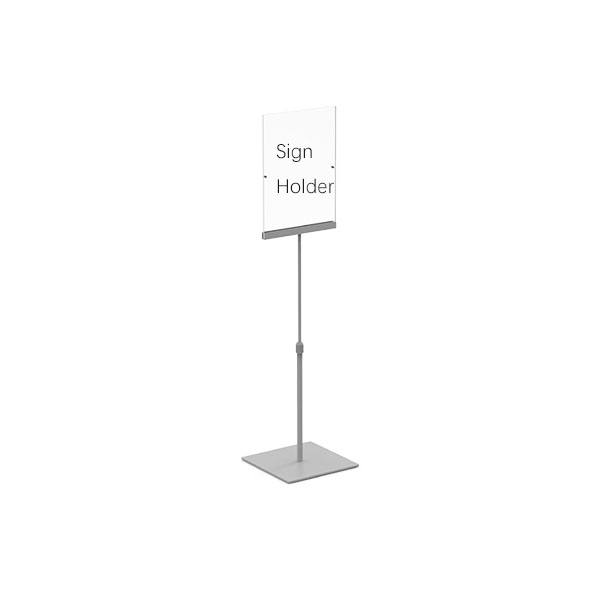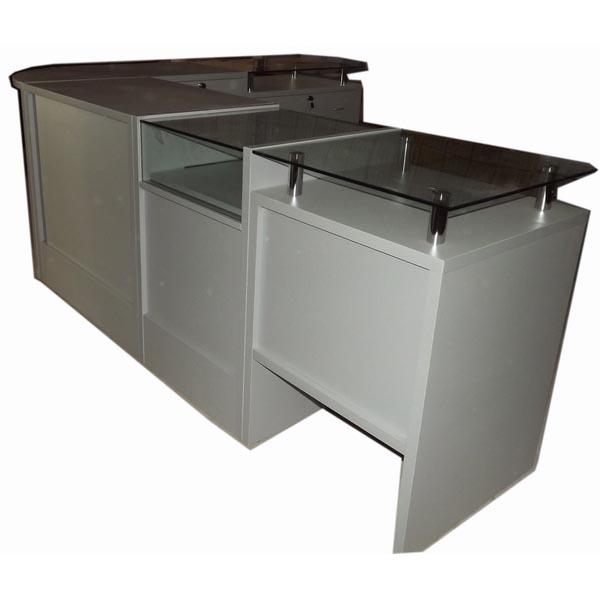Wie kann man einen Metall-Displayständer anpassen?
In today's competitive retail environment, the way products are displayed can significantly impact customer engagement and sales. A well-designed metal countertop display stand can showcase products effectively, and also enhance the overall aesthetic of the offline stores. Customizing these display stands allows businesses to align retailers' display solutions with their branding and product requirements. Here’s a step-by-step guide on how to custom metal countertop display stands:
1. Identify Your Requirements
The first step in customizing a metal countertop display stand is understanding your needs. Ask yourself the following questions:
- What products will the stand hold? Consider the size, weight, and shape of the items. For heavier and more expensive items, a sturdier metal structure might be required.
- Where will the stand be placed? Knowing the exact location helps determine the size and design of the stand. Counter space is usually limited, so the countertop metal stand should be compact yet functional.
- What is the purpose of the stand? Is it for promoting a specific product, holding multiple items, or enhancing brand visibility? Adding POP signs is also an auxiliary means to display products.
2. Choose the Right Materials
Metal countertop display stands can be made from various types of metals, including stainless steel, aluminum, and iron. Each material has its unique properties:
- Stainless Steel: Offers durability and a sleek, modern look. It's resistant to rust and corrosion, making it suitable for long-term use. Stainless steel, like other steels, is available in various forms including sheets, coils, tubes, wires, rods, and meshes.
- Aluminum: Lightweight and easy to work with, aluminum is ideal for intricate designs. It also resists rust and corrosion. Aluminum alloy is a type of lightweight metal material that is formed by adding a certain amount of alloying elements to aluminum. Besides the general characteristics of aluminum, the addition of different alloying elements gives aluminum alloys specific properties.
- Iron: Known for its strength, iron is suitable for heavy-duty displays. However, it needs to be treated to prevent rusting.
3. Design Considerations
The design of the display stand should be practical and visually appealing:
- Size and Shape: The stand should be proportionate to the products and the available counter space. It should be easy to assemble, disassemble, and also movable.
- Style and Aesthetics: The design should align with your brand's identity. Whether you prefer a minimalist look or something more ornate, the stand should enhance the product’s appeal.
- Zugänglichkeit: Ensure that products are easily accessible to customers. The stand should not be too tall or too deep, making it difficult for customers to reach the items.
4. Customization Options
Customization options include:
- Branding: Incorporate your logo or brand colors into the design. This can be achieved through custom metal finishes, paint, or adding brand-specific elements.
- Shelving and Compartments: Depending on the product, you may need different shelf sizes or compartments. Adjustable shelves can offer flexibility for various product sizes.
- Signage Holders: If you plan to use signage for promotions, consider including holders or slots in the design.
5. Prototyping and Testing
Once the design is ready, create a sample or prototype from a reliable manufacturer with experience in custom metal displays. This allows you to see how the stand looks and functions in a real-world setting of your environment. Test the stand with actual products to ensure stability and usability. Adjust the design as necessary based on feedback.
6. Production and Quality Control
After finalizing the design, move to production. Quality control is crucial at this stage to ensure the stand meets your specifications and is free of defects. Regular checks during the manufacturing process can prevent issues later.
7. Installation and Maintenance
Once the display stand is produced, ensure proper installation. Even a well-designed stand can fail if not set up correctly. Train your staff on how to maintain the stand, such as cleaning and handling procedures, to keep it in top condition.
8. Excellent Examples
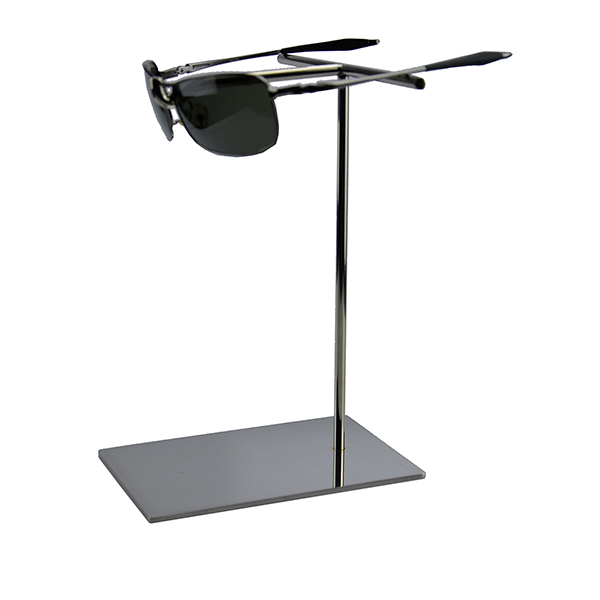

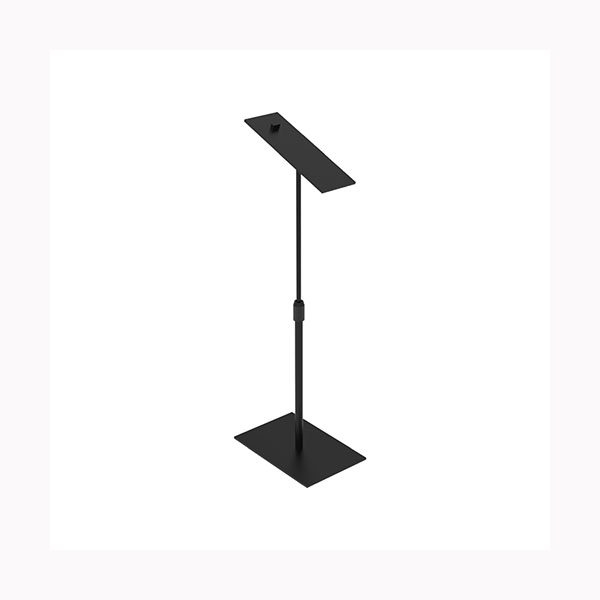
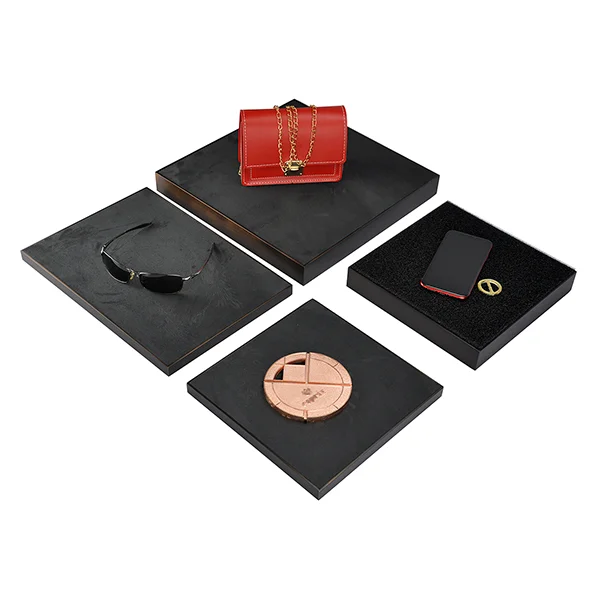
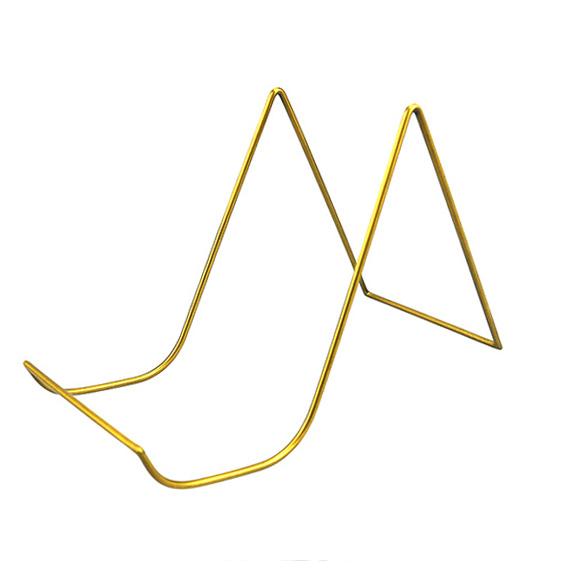

Schlussfolgerung
Customizing a metal countertop display stand is an excellent way to enhance product presentation and create a cohesive brand image. By following these steps, you can ensure that your display stand is not only functional but also a reflection of your brand’s values and style. Whether you need a sleek modern look or a robust industrial design, the possibilities are endless with custom metal displays.
Verwandte Beiträge
Metallische Werkstoffe und entsprechende Verarbeitungstechniken
